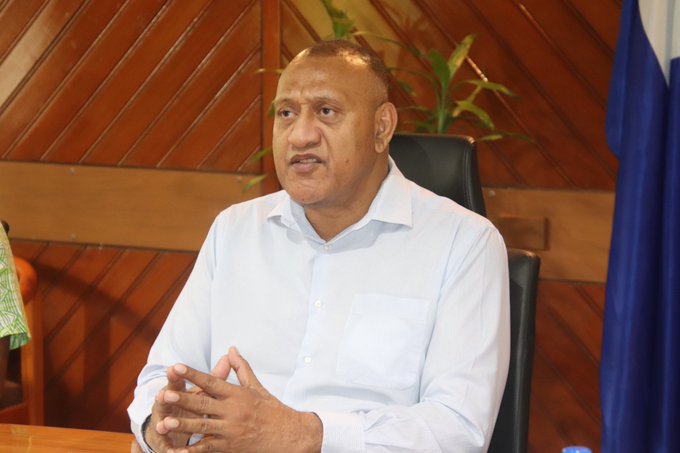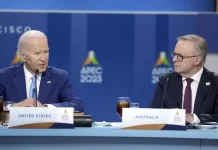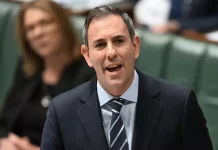More than 100 delegates from all corners of the Pacific are joining the virtual Regional Public Financial Management (PFM) Symposium, an event hosted by the Pacific Islands Forum and funded by the European Union, as part of the ‘Strengthening Public Finance Management (PFM) and Governance in the Pacific’ Project.
Welcoming the diverse participation and response to the open call for the event, Acting Secretary General of the Pacific Islands Forum, Dr Filimon Manoni says the work in this area aligns to the Teieniwa Vision on Pacific Unity Against Corruption, endorsed by Forum Leaders in 2020.
Strengthening of PFM systems across the region includes improving governance and transparency, ASG Manoni told attendees, “and is even more critical today as Forum countries respond to economic pressures due to Covid-19 and recurring climate induced disasters.”
He said COVID-19 economic recovery “provides an opportunity to relook at our national systems, and their ability to cushion risks from fiscal pressures emanating from climate change, natural disasters and COVID-19.”
The Symposium is discussing the significant increase in debt levels by Forum member countries, and the underlying challenges of capacity and adequate resources to cope with these shocks,” said ASG Manoni.
“We need to look at other opportunities for improvement, including revenue strategies, expenditure forecasting, bringing in the private sector, and above all, we need to ensure governance and accountability are ingrained into recovery measures.”
Pacific nations have strengthened and enhanced their public finance systems, in collaboration with regional bodies and development partners to build robust management systems. A key part of that work has been supported by the Pacific Financial Technical Assistance Centre (PFTAC), oversight agencies such as Parliamentary committees and Auditor General’s Offices by the Pacific Association of Supreme Audit Institutions (PASAI), and the United Nations Development Programme(UNDP).
“But we must do more to accelerate progress in building PFM systems, not only to enable access to development funds, but more importantly, enhance governance of our national financial systems,” ASG Manoni warned.
The 2022 PFM Symposium is part of a series of PIF events aimed at growing public conversations and effective, inclusive, accountable and sustainable economic recovery, based on regional solutions that are fit for Pacific purpose.
This continues the conversations from a public debt webinar and debt for climate swaps workshop held last week, bringing together speakers from development, national level, private and civil society sectors to share expertise and ideas on the issues confronting Pacific governments.
In welcome comments on the challenges for Pacific nations familiar with natural disasters, climate change risks, and the COVID-19 pandemic, the Ambassador of the European Union for the Pacific, Sujiro Seam, noted the tail end of the pandemic globally while many Pacific countries like Kiribati, Tonga, Samoa, Solomon Islands, Vanuatu, and Palau face their first wave of COVID-19.
“We did not even have to wait for the impact on the health front to see the social and economic consequences of the pandemic in the Pacific,” said the EU Ambassador, adding the impact from border closures had reduced economic growth for Pacific tourism hotspots to “virtually zero”.
Looking to current global contexts, the EU representative said the economic impact of the Russian invasion in Ukraine is “also a crisis which can have a very significant impact on Pacific economies. It will come with price hikes for energy and food products and other commodities. It will increase costs all along the supply chains, and even though the war in Ukraine is perceived as a far way conflict thousands of kilometres from the Pacific, its negative impact will be felt in the Pacific.”
The symposium will run until the end of the week, with outcomes feeding into an inaugural Pacific Debt Conference, from 5-8 April.
SOURCE: PIFS/PACNEWS















